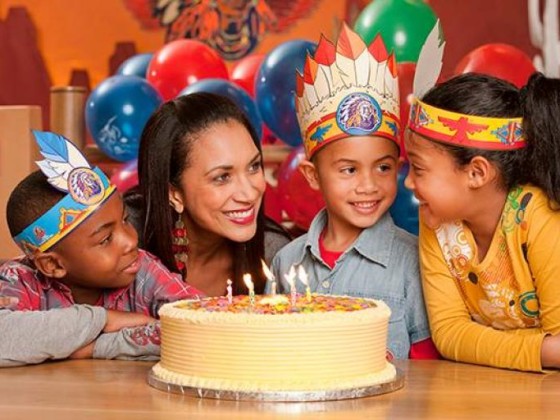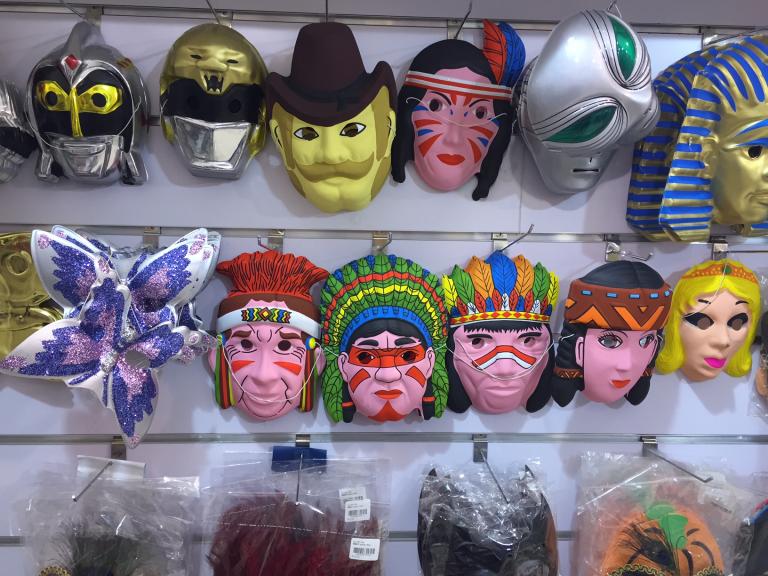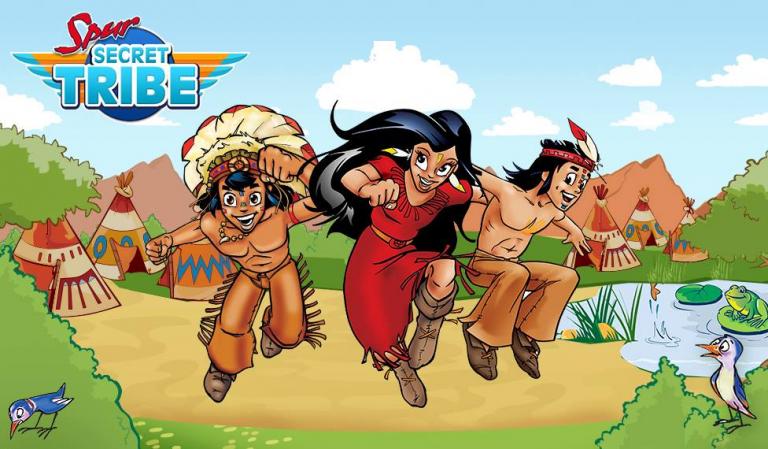JOHANNESBURG, South Africa — When you dine at South Africa’s most popular family restaurant, you’ll be joined by Soaring Eagle, Buffalo Brave and Buttercup, a grinning trio of cartoon mascots dressed in animal skins and war paint.
Here at Spur Steak Ranches, a chain serving burgers, steaks and schnitzel, the theme is an unabashedly clichéd take on “Native American.” The restaurant’s official logo is a chief in a feathered headdress. The décor is a jumble of teepees, tomahawks and totem poles. Yet despite the minefield of stereotypes, Spur restaurants are beloved by many South Africans.


